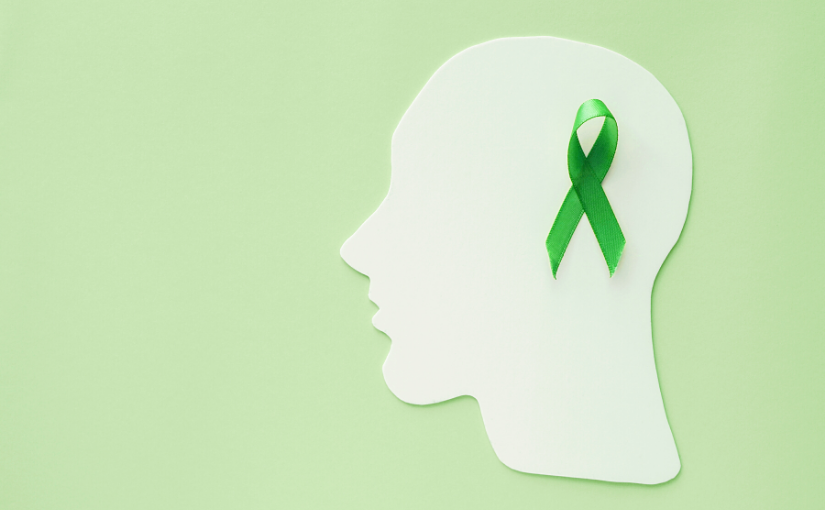Twice each year we set aside a Sunday worship service to focus on mental health. The past months since the pandemic began and during the election season, we have experienced significant stressors as a society, which have increased mental illness symptoms for some and led others to experience symptoms for the first time. As people of faith, we seek to be a welcoming and supportive community to those in our congregation and wider community who live with mental health challenges. We also seek to grow in our understanding, skill for accompaniment, and to help break the stigma of this health concern, such that those who suffer and their families will seek and receive the services they need. We will observe Mental Health Sunday this week with a sermon from Rev. Mary Alice Do.
Mental illnesses are medical conditions.
Research has shown that mental illness has a biological basis. Mental illnesses are brain disorders associated with changes in the brain’s structure, chemistry and function, which in turn affects how a person thinks, feels and acts.
Usually, 1 in 4 adults is affected by mental illness.
The National Institute of Mental Health reports that one in four adults in the U.S. experience some kind of mental health disorder in a given year. However, the main burden of illness is concentrated in a much smaller proportion. Approximately 1 in 17 Americans, or about 13.6 million people, live with a serious mental illness such as schizophrenia, major depression or bipolar disorder.
Because of COVID-19, many more people affected.
Amid the COVID-19 pandemic, many Americans are struggling with mental health challenges. In a recent poll over half (53%) of adults in the United States reported that their mental health has been negatively impacted due to the virus. Additionally, more than 1 in 3 adults in the U.S. reported symptoms of anxiety or depressive disorder during the pandemic, up from roughly 1 in 10 in 2019.
Stigma prevents many people from seeking treatment.
Approximately 60 percent of adults and almost one-half of youth ages 8 to 15 with a mental illness received no mental health services in the previous year. In some locations, services simply are not available or are not affordable to the people who need them. In many cases, people avoid treatment because of the fear of stigma.
Treatment works and recovery is possible.
There is no “cure” for mental illness, but with effective treatment (which may include medication, therapy, other services and support), most people experience relief from their symptoms and live productive, fulfilling lives.
Most people with mental illness are not violent.
The most common form of violence by those who have mental illness is violence against themselves. People with serious mental illnesses are far more likely to be victims of violent crime than perpetrators of it.

